Marvel Rivals has what it takes to shake up the PvP shooter genre if it can maintain its hero fantasy while also making balance changes
Opinion | Marvel Rivals could deliver the ultimate hero power fantasy, but it needs some balancing first
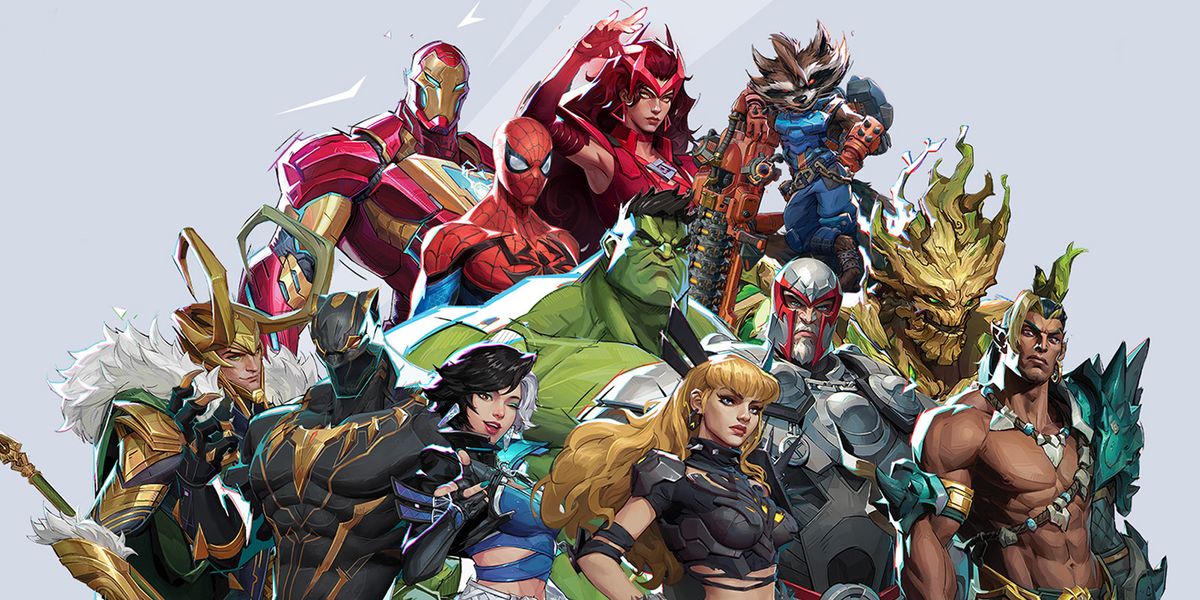
In the short time since its release, Marvel Rivals has already reached a player count in the tens of millions, many of whom are likely downloading and logging into the game specifically to see how some of the most popular Marvel heroes have been adapted into the live-service hero shooter. I'm a longtime Overwatch player and a lifelong Marvel fan, so the game feels tailor-made for me, but even many of my friends who rarely play shooters or competitive games have downloaded the free-to-play Marvel Rivals just to get the feeling of excitement that comes with embodying the Avengers, X-Men, Spider-Man, and their allies and enemies in the game.
While that general sense of Marvel excitement is going a long way to attract interested gamers who may not have given a non-Marvel game a chance, the folks who are already getting hooked are looking toward the long term success of the game, especially in terms of character balance. Unsurprisingly, many players are already forming fairly crystallized ideas about who needs some adjustments, with some even citing comic book or movie precedent to show why certain characters deserve changes to better meet their expectations.
This all points to a crucial element of Marvel Rivals' success that absolutely cannot be ignored when discussing the idea of balance and character changes: people are already invested in the characters of the game. We know these heroes and villains from comics, movies, TV, and even other games, and we have expectations about how they should interact with each other and their environments. We understand how powerful they are and can be, even (and sometimes especially) in relation to each other.
Earth's Mightiest Heroes
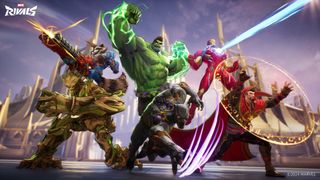
In other words, the familiar hero power fantasy aspect of Marvel Rivals is crucial not just to the game's immediate success, but to its potential ongoing health as a competitive game. Right now, Marvel Rivals is thriving on its larger-than-life power levels and breakneck pacing, which feed directly into its superhero fantasy. Even a character with no superpowers like the Punisher is elevated into a more fantastic level thanks to his war-mech ultimate ability.
And while it can be frustrating to be on the receiving end of Jeff the Land Shark's hilariously absurd ability to swallow the up the entirety of both teams, or Iron Fist's notoriously brutal volleys of rapid-fire punches, mastering those abilities and engaging with the power fantasy they feed is a very serious part of what makes Marvel Rivals feel so fresh compared to its most obvious competitors.
The downside of this is that our familiarity with some characters can breed the feeling that they're actually quite underpowered in comparison to more 'meta' heroes. People WANT to fly around shooting repulsors as Iron Man. We WANT to smash things as the Hulk. We WANT to master the elements as Storm. And when we feel an incongruity in how these characters we know and love handle in the game, especially in contrast to other heroes who feel more able to fulfill the power fantasy that comes with them, it sticks out more.
That imbalance is the big downside to the Marvel Rivals hero fantasy. And as with any competitive live service game, fans are already passionately discussing which characters need buffs, and which need nerfs (Storm and Wolverine in the former category, Hela and Iron Fist in the latter, commonly).
Sign up to the 12DOVE Newsletter
Weekly digests, tales from the communities you love, and more
But any strategy for balance has to take into account the importance of the hero fantasy and the unique excitement of the game's bombastic power levels, lest the beloved Marvel IP that anchors the game become an actual anchor, weighing down the developers' ability to hone in on appropriate balance changes in the face of losing hero identity, or costing the players the experience they expect to have when they log into the game.
Perfectly balanced, as all things should be
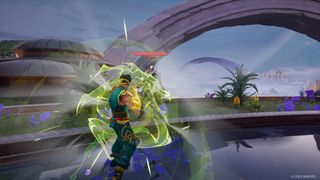
Take, for example, the recent Helldivers 2 debacle in which one of the co-op PvE game's most popular weapons was nerfed not out of necessity, but to shake-up the game's meta (its prevalent strategic philosophy). To say the change was unpopular would be an understatement, to the point where some feel it hurt the actual playerbase of the game, as it took away what many players had come to see as a fundamental aspect of their core gameplay.
Or, to examine Marvel Rivals' most commonly cited competitor, Overwatch, we can look at the PvP hero shooter's recent changes to the divisive hacker character Sombra, which changed the function of some of her abilities and attacks at a core level. This in turn radically altered the game's meta, allowing a largely unpopular sniper-driven gameplay loop to develop around the character Widowmaker - a change that had eagle-eyed sharpshooters feasting and characters with less mobility and defensive capability eating the dirt.
At the same time, less drastic but repeated changes to a character (or characters) can wind up making them sticky wickets in overall game balance. To point to Overwatch again, the tank heroes Orisa and Mauga have become downright notorious in their difficulty to properly balance.
It's now a meme among Overwatch players that Mauga and Orisa both receive micro-buffs and micro-nerfs back and forth with each set of patch notes, with even incremental changes to the characters' numbers making them either obnoxiously prevalent in competitive games, or relegating them to a secondary, off-meta status - with no 'sweet-spot' that makes them competitively playable without being dominant seemingly in sight.
Fortunately, Marvel Rivals director Thaddeus Sasser already has his eyes on this dynamic in the game's search for balance, recently citing the aforementioned Helldivers 2 changes as an example of nerfs which the player base felt were harsh and uncalled for.
"Well, it's kind of the basics of game design that players do not like things being taken away from them, right?" Sasser stated on the VideoGamer podcast. "Sometimes it’s good to frustrate the player […] because winning all of the time is boring, so it's important to be able to lose, too and feel like you lost fairly and not be frustrated," Sasser continues, acknowledging that some changes can leave players feeling "like they lost because you took 'the thing' away, and that feels unfair."
While this does make me extremely hopeful that Marvel Rivals will be conscientious of the need to feed its hero fantasy and maintain its massive power levels, it does leave me still uncertain about what the game's actual approach to balance will be, especially when new characters start being added.
It's clear, judging just by how the conversation around the concept is going among players, that some level of balance changes are needed - and that fans will only be so patient in waiting for characters that are seen as problematic to be adjusted before resentment starts to set in.
Likewise, fans won't tolerate changes that take away what they see as the game's signature playstyle or features, so that balance will have to come with care given primarily to the core player experience of embodying a superhero with all the strengths and weaknesses that come with it.
Marvel Rivals is getting a Splatoon mode and turning Groot into a Christmas tree for the holidays.
I've been Newsarama's resident Marvel Comics expert and general comic book historian since 2011. I've also been the on-site reporter at most major comic conventions such as Comic-Con International: San Diego, New York Comic Con, and C2E2. Outside of comic journalism, I am the artist of many weird pictures, and the guitarist of many heavy riffs. (They/Them)
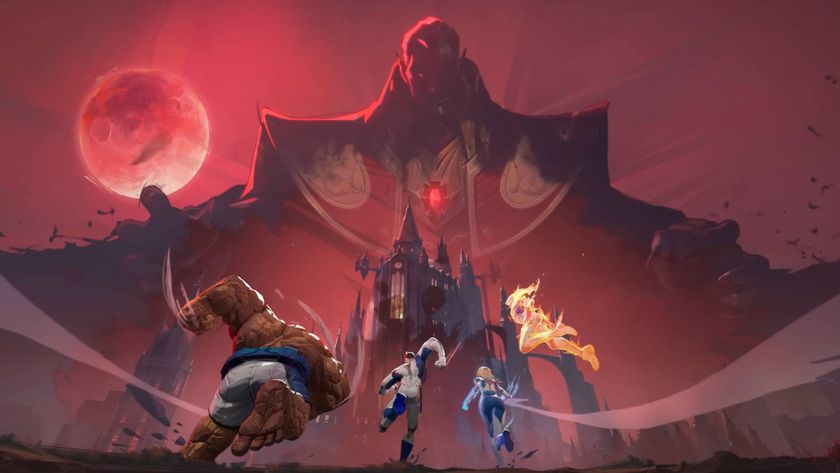
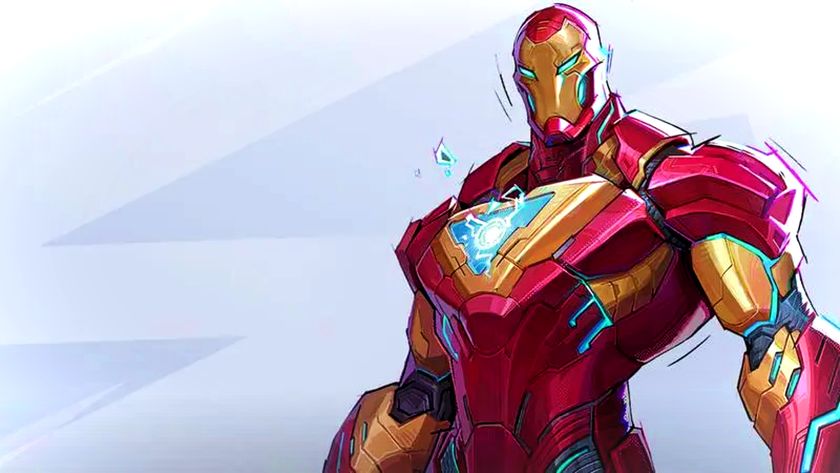
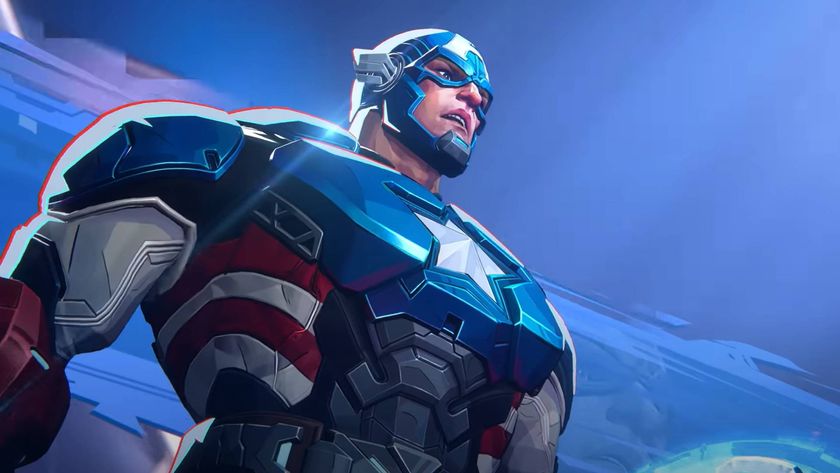
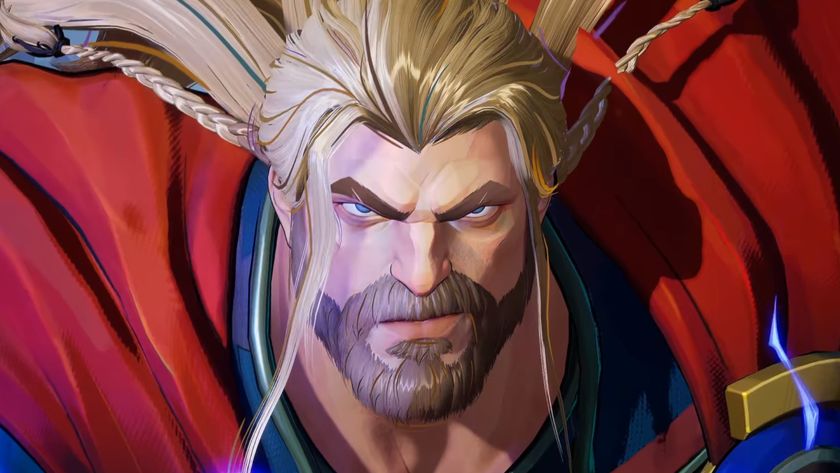
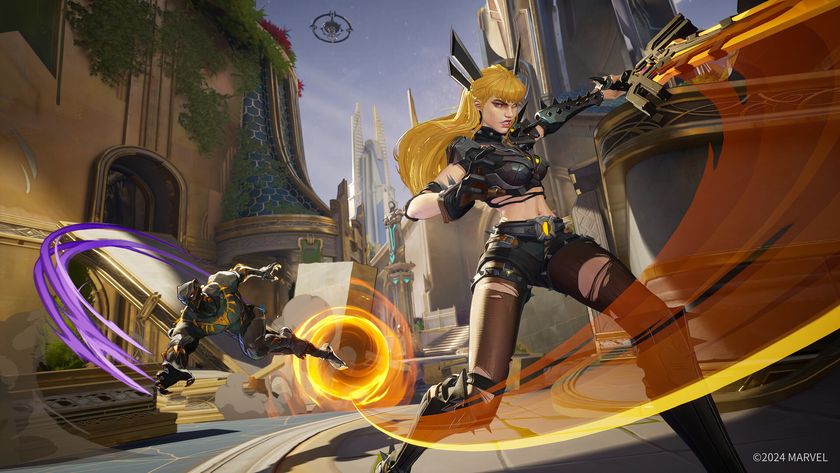
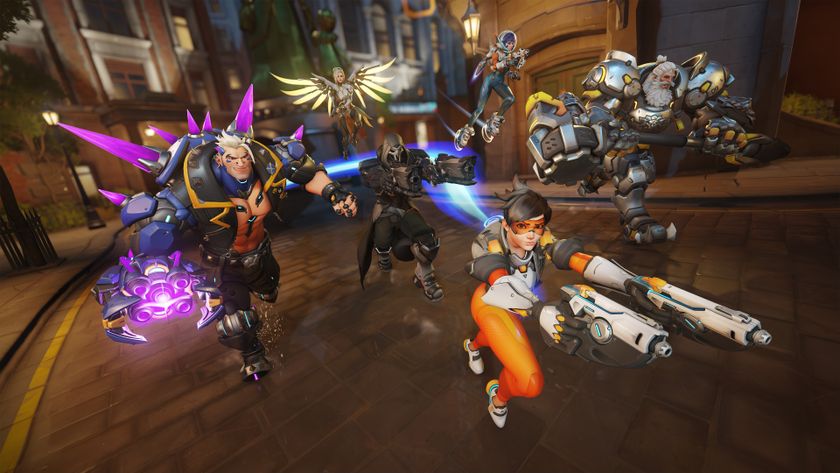
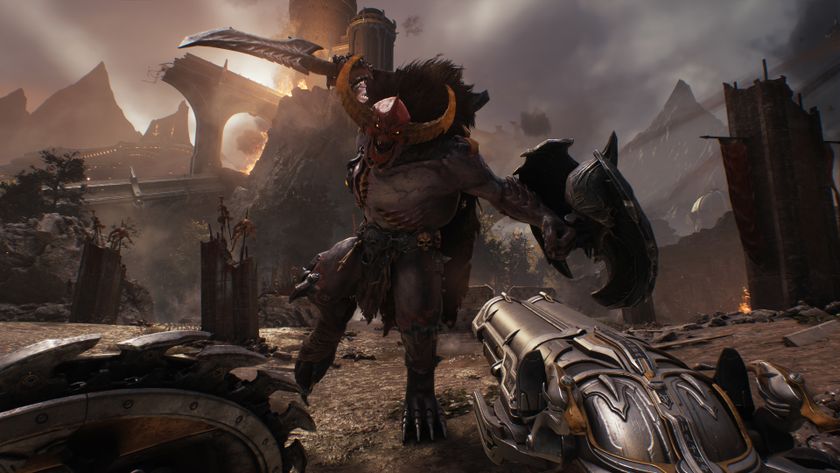
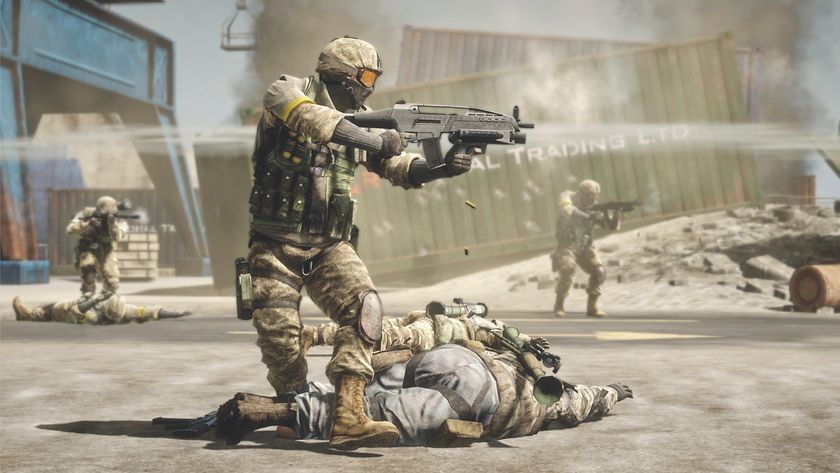
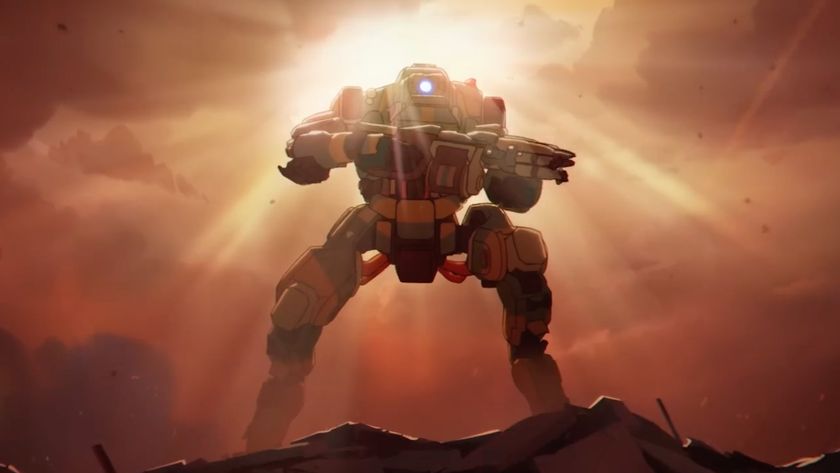
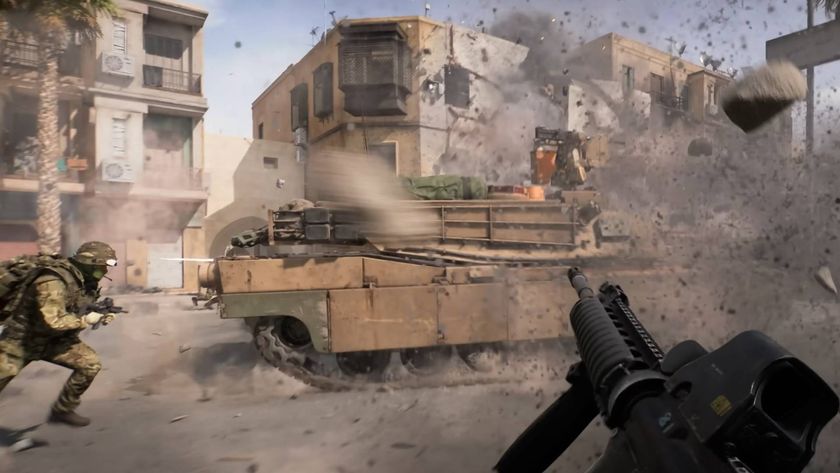
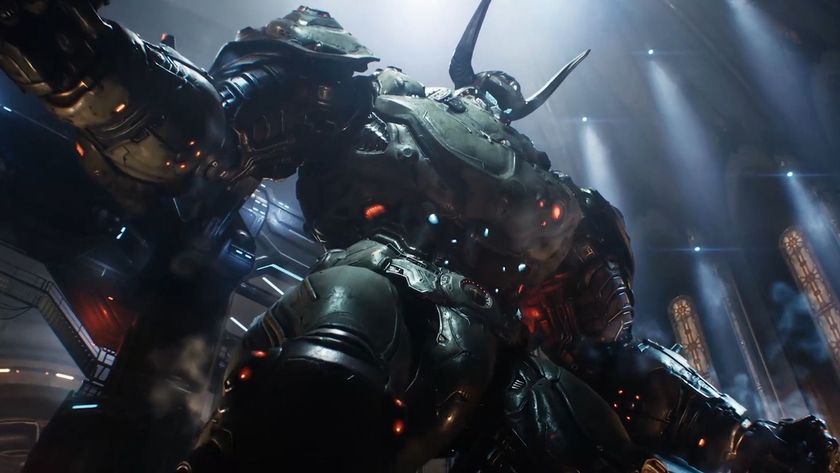








Doom director claims The Dark Ages can be beaten without using a gun, but "the game's not necessarily built to do that"

Battlefield dev reveals more of his Bad Company 3 script and confirms the plot would revolve around the squad getting kicked out of the military and brought back for a final suicide mission




